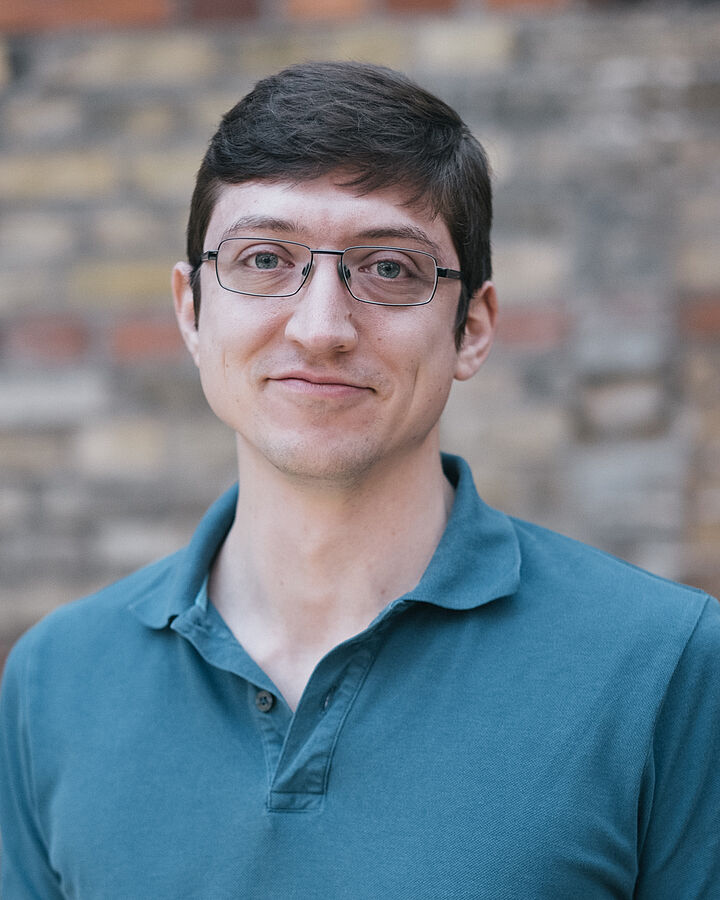Donnerstag, 29. November 2018, 17:00 - 18:30 iCal
The neural processing of placebo hypoalgesia:
From observational learning to persisting effects
Talk of Dr. Lieven Schenk (Max Planck Institute for Human Cognitive and Brain Sciences)
Fakultät für Psychologie, Hörsaal G, 2. Stock (linke Stiege)
Liebigasse 5, 1010 Wien
Vortrag
Patients suffering from pain often show improvement of symptoms when they believe that they received a treatment, even if the treatment has no pharmacological effect. This experience of pain relief in response to contextual factors surrounding analgesic treatments is called placebo hypoalgesia. The prevailing theory is that expectancies about treatment outcomes are learned in different ways (e.g. conditioning, observational learning, verbal suggestion) and in turn influence pain perception. On the neural level, the current understanding is that prefrontal cortex maintains and processes these expectancies, and is influencing the experience of pain by activating the descending pain modulatory system.
In this talk, I will present some of the recent findings regarding the neural processes of acquiring and maintaining placebo hypoalgesia from studies using fMRI in healthy humans. First, I am going to talk about the neural processes of acquiring placebo hypoalgesia through observing a treatment benefit in another person. Second, I will describe a potential neural mechanism for the persistence of placebo hypoalgesic effects, even if reinforcement (e.g. a pharmacological agent treating the pain) is discontinued.
Veranstalter
Department of Basic Psychological Research and Research Methods (SCAN Unit)
Kontakt
Abla Marie-Jose Bedi
Institut für Psychologische Grundlagenforschung und Forschungsmethoden
+43-1-4277-47104
abla.bedi@univie.ac.at
Erstellt am Montag, 19. November 2018, 13:04
Letzte Änderung am Dienstag, 20. November 2018, 09:10

